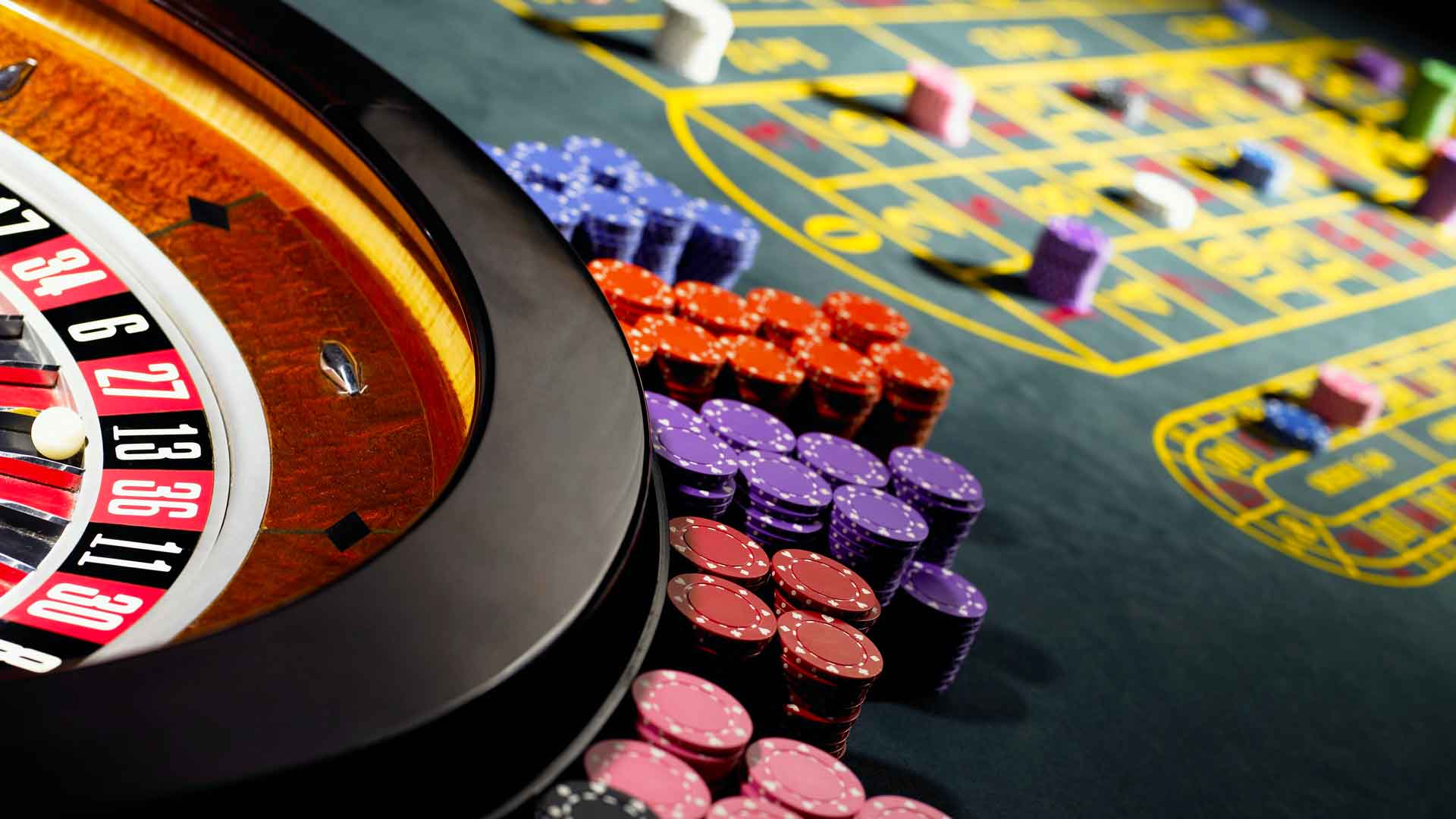Why Dice Rolls Feel So Final

Why Dice Rolls Feel So Final
The simple act of rolling dice, a staple in board games, role-playing games, and even gambling, possesses a surprising psychological weight. Why do these small cubes of plastic or bone hold such a potent power over our emotions and our perception of an outcome? The feeling that a dice roll is "final" stems from a complex interplay of cognitive biases, game mechanics, and the fundamental human desire for control.
One of the primary reasons dice rolls feel so definitive is the element of chance they introduce. We understand that the outcome is random, governed by the laws of probability. However, our brains are wired to seek patterns and explanations, even where none exist. This leads to a feeling of inevitability. Once the dice are in motion, the result is seemingly set, and our ability to influence it is gone. This is a stark contrast to situations where we can strategize, negotiate, or adapt our actions to potentially change the outcome.
Furthermore, the structure of many games reinforces this sense of finality. Many games are built around distinct turns and phases, each culminating in a decision point, often determined by a dice roll. Whether it's moving your character across a game board, determining the success of an attack in a role-playing game, or deciding the amount you win or lose in a gambling scenario with the site www m88 com sport, the dice roll frequently acts as the gatekeeper to the next phase. This creates a sense of closure; the outcome is known, and the game moves forward, unburdened by the possibility of rewinding or redoing the roll.
Cognitive biases also play a significant role. Several biases contribute to the finality we perceive in dice rolls:
- Loss Aversion: Humans are generally more sensitive to losses than to gains of equal value. A bad dice roll that leads to a loss is often felt more keenly than a good roll that leads to a gain. This intensifies the feeling of finality, as the negative outcome becomes the dominant emotion.
- Outcome Bias: We tend to judge the quality of a decision based on its outcome, not the process that led to it. Even if a dice roll was statistically fair, a poor outcome might lead us to question the decision that led to the roll in the first place.
- Confirmation Bias: We tend to seek out information that confirms our existing beliefs. If we feel unlucky, we might focus on the negative outcomes of our dice rolls, reinforcing our belief in our bad luck.
The ritualistic nature of dice rolling also adds to its perceived finality. The act of shaking the dice, the anticipation as they tumble, and the final reveal of the numbers all contribute to a sense of ceremony. This ritual emphasizes the importance of the moment and the definitiveness of the outcome.
Moreover, the social context often amplifies the feeling. In a group setting, the outcome of a dice roll is often shared and discussed. This public declaration of the result solidifies its significance. In role-playing games, for example, a critical failure on a dice roll can become a memorable moment, shaping the narrative of the game and impacting the players' experience.
Finally, the lack of control is a major factor. Unlike many other aspects of our lives, we have no direct influence over the outcome of a dice roll. This inherent lack of control can be both exciting and frustrating. When the dice decide, we must accept the result, regardless of our desires. This acceptance, though sometimes painful, is a core element of the experience and a significant contributor to the finality we feel.
In conclusion, the feeling of finality associated with dice rolls isn't simply about the numbers; it's a tapestry woven from chance, game design, psychological biases, ritual, and social dynamics. Understanding these elements can help us appreciate the complexity of these seemingly simple mechanisms and the profound impact they have on our emotional responses and gameplay experiences.
```